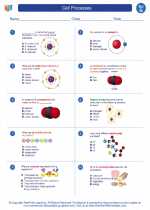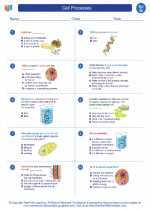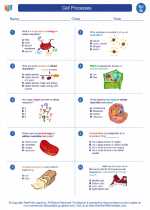Hormonal Factor
The hormonal factor refers to the influence of hormones on various physiological processes within the human body. Hormones are chemical messengers produced by the endocrine glands and are essential for regulating a wide range of bodily functions, including growth, metabolism, reproduction, and stress response.
Key Hormones and Their Functions
There are several key hormones that play crucial roles in the body:
- Insulin: Regulates blood sugar levels and facilitates the uptake of glucose by cells for energy production.
- Estrogen: Plays a central role in the development of female secondary sexual characteristics and the regulation of the menstrual cycle.
- Testosterone: Responsible for the development of male secondary sexual characteristics and contributes to muscle growth and bone density.
- Thyroid hormones: Regulate metabolism and energy production throughout the body.
- Adrenaline: Triggers the body's "fight or flight" response to stressful situations.
Regulation of Hormone Levels
Hormone levels in the body are tightly regulated through a complex feedback system involving the endocrine glands and target organs. When hormone levels deviate from the normal range, the body's feedback mechanisms work to restore balance.
Impact on Health and Development
Imbalances in hormone levels can lead to various health issues. For example, an excess or deficiency of thyroid hormones can result in metabolic disorders, while imbalances in sex hormones may lead to reproductive problems or changes in secondary sexual characteristics.
Study Guide
When studying the hormonal factor, it's important to focus on the following key areas:
- Understanding the functions of major hormones in the body.
- Exploring the feedback mechanisms involved in hormone regulation.
- Examining the impact of hormone imbalances on health and development.
- Recognizing the roles of endocrine glands in hormone production and release.
Additionally, it can be helpful to review specific hormonal disorders and their symptoms, as well as the ways in which hormone levels can be influenced by factors such as stress, diet, and exercise.
By mastering these concepts, you'll gain a comprehensive understanding of the hormonal factor and its significance in human physiology.
.◂Science Worksheets and Study Guides Seventh Grade. Cell Processes

 Activity Lesson
Activity Lesson
 Worksheet/Answer key
Worksheet/Answer key
 Worksheet/Answer key
Worksheet/Answer key
 Worksheet/Answer key
Worksheet/Answer key
 Worksheet/Answer key
Worksheet/Answer key
 Vocabulary/Answer key
Vocabulary/Answer key
 Vocabulary/Answer key
Vocabulary/Answer key
 Vocabulary/Answer key
Vocabulary/Answer key
 Vocabulary/Answer key
Vocabulary/Answer key
 Vocabulary/Answer key
Vocabulary/Answer key
 Vocabulary/Answer key
Vocabulary/Answer key
 Vocabulary/Answer key
Vocabulary/Answer key
